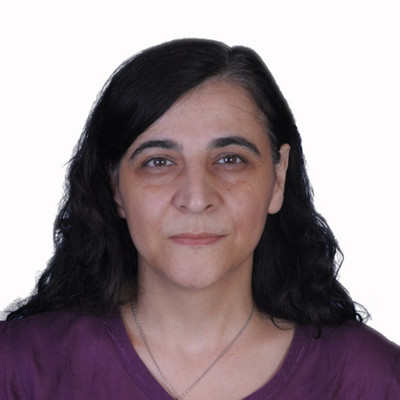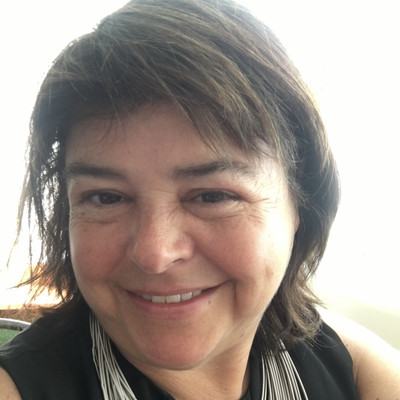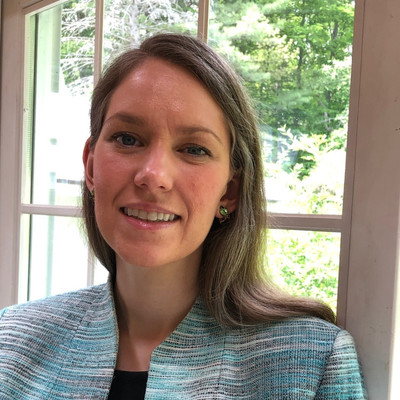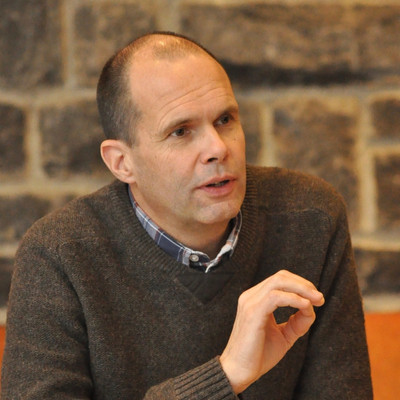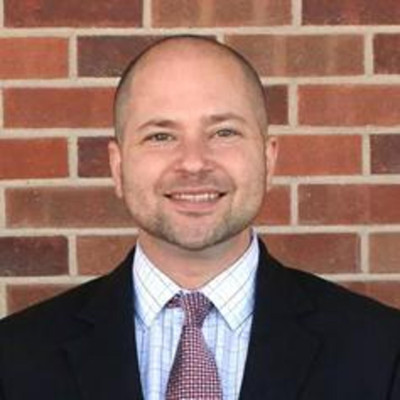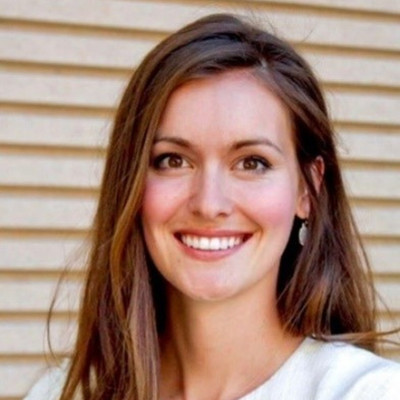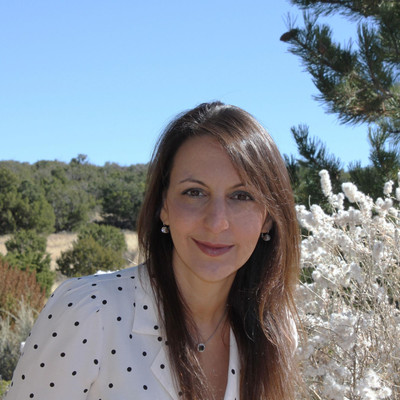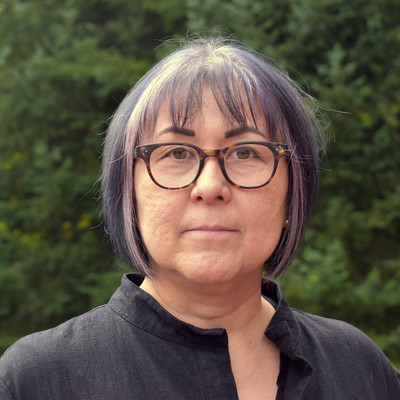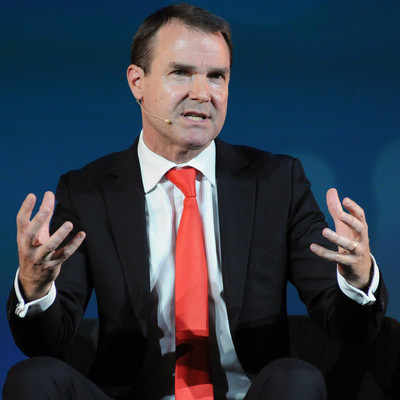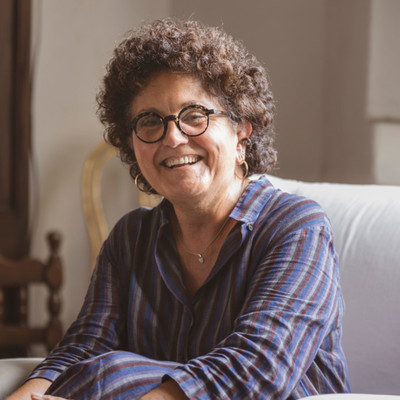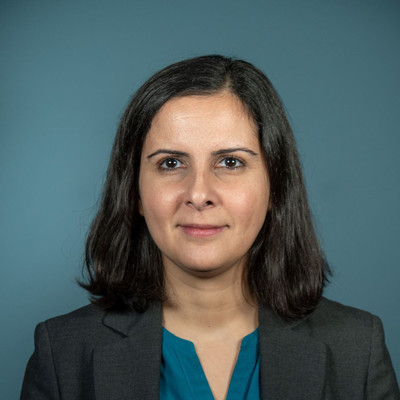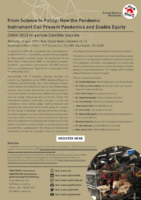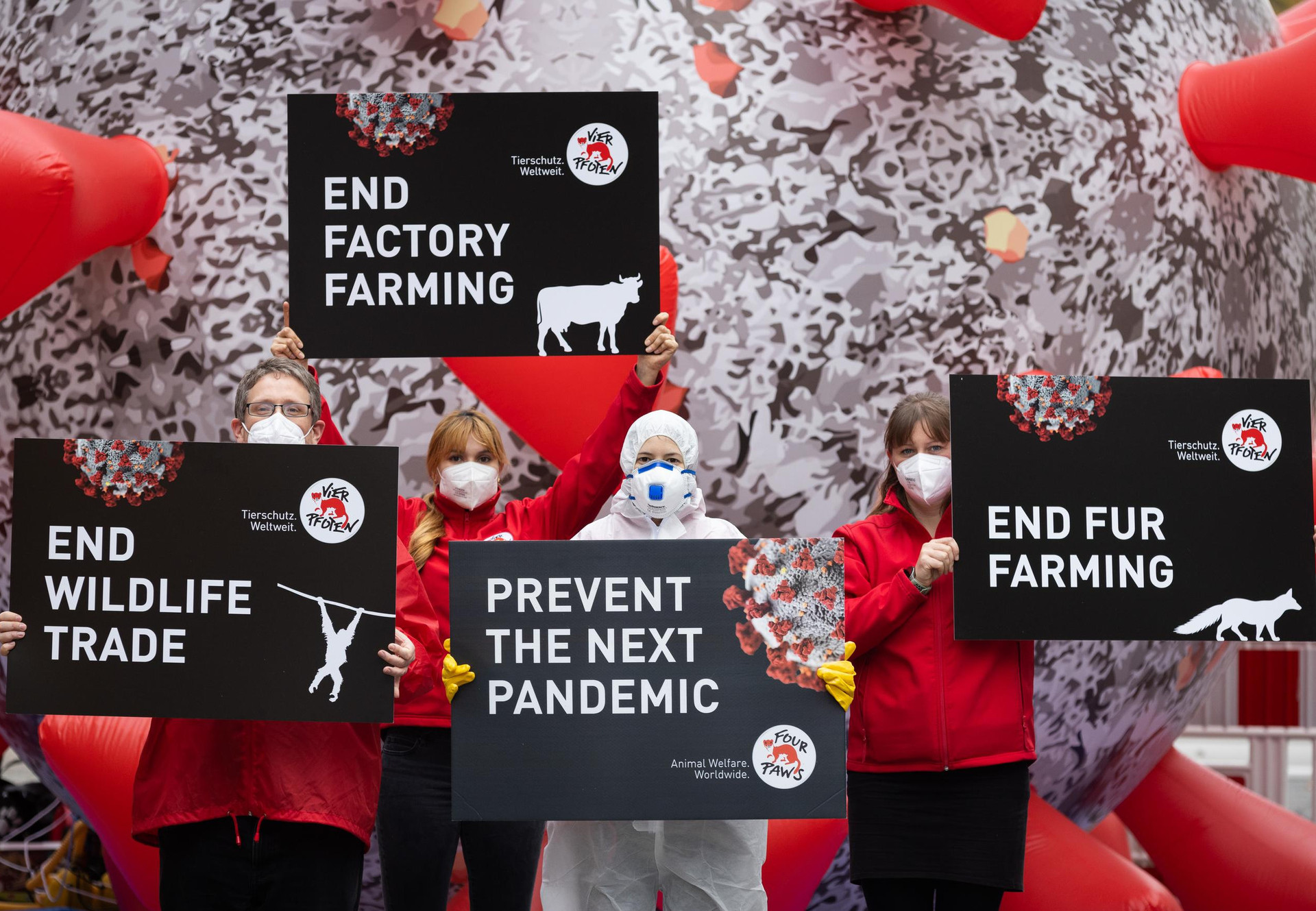
CUGH 2023 - From Science to Policy
How the Pandemic Instrument Can Prevent Pandemics and Enable Equity
Update
The conference was a great success! In a collaboration between FOUR PAWS’ Pandemics Campaigns unit and our US office, we were able to draw attention to the importance of animal welfare in global health and to build stronger bridges between advocacy groups, academia, and policy makers both in the US and across the globe. Thank you to everyone who attended!
In-person Satellite Session
Date: Thursday, 13 April 2023
Time: 8 a.m.- 12 p.m. local time (EDT)
Location: Washington Hilton Hotel | Columbia Room 11, 12 | Washington, DC
At the World Health Assembly in December 2021, global governments agreed to jointly develop an international instrument to strengthen pandemic prevention, preparedness, and response. While the countries continue to negotiate the terms of the instrument in the ongoing drafting process, the events of recent years have shown clearly that the root causes of pandemics must be addressed.
As part of our continuing work on pandemic prevention and animal welfare, FOUR PAWS will host an in-person satellite session at CUGH 2023 (Consortium of Universities for Global Health). Bringing together a panel of experts, the session aims to assess how the pandemic instrument can bridge gaps in global policy, identify essentials of the pandemic instrument, and expand on the science and evidence driven policy measures that would create an effective pathway to prevent pandemics and enable equity. The findings will be collated and published as a conference paper.
Panelists & Collaborating Organisations
